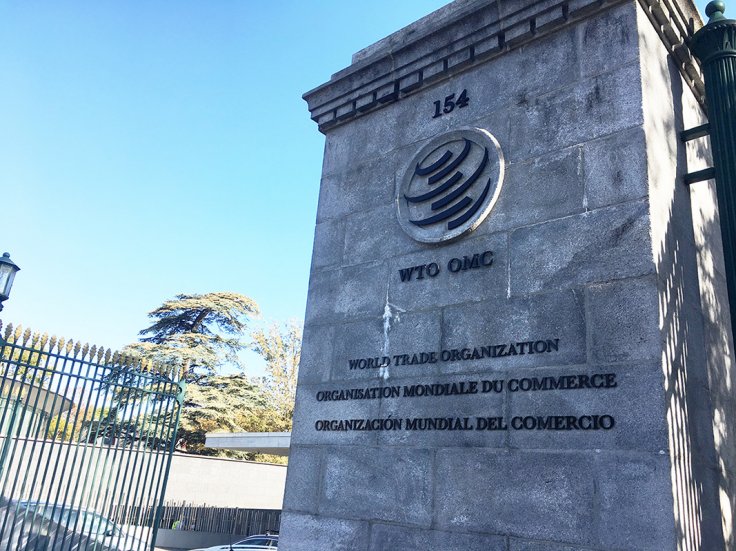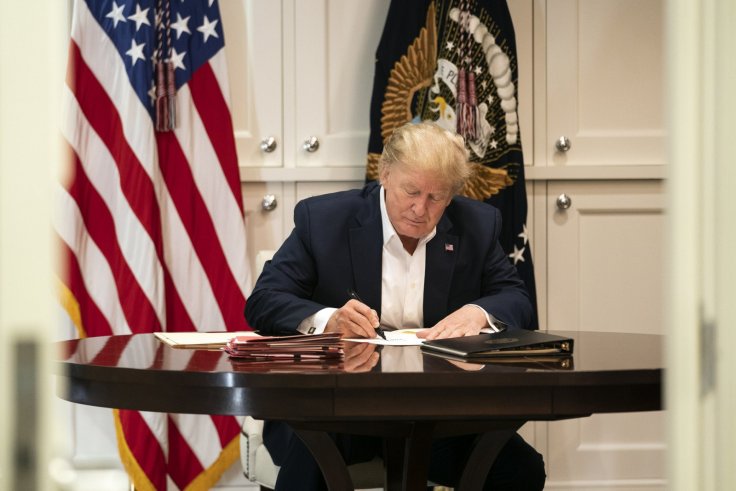The World Trade Organization on Tuesday allowed European Union to impose tariffs worth $4 billion on US goods in the 16-year-old case of unfairly subsidizing the native airplane manufacturers. The figure falls short of EU estimate of $12 billion in damages caused to Airbus by the US support of Boeing.
In 2019, WTO had allowed the US to impose tariffs up to $7.5 billion on EU goods. The European Union and the United States have accused each other of subsidizing their airplane manufacturers, which resulted in economic benefits to the companies.

In 2004, US claimed that Airbus, jointly owned by Germany, France, Spain and Britain's BAE Systems, had received $22 billion (€19.4 billion) in illegal subsidies, resulting in an economic benefit of more than $200 billion. Meanwhile, EU filed a counter suit alleging that Boeing had received $23 billion in "trade-distorting" subsidies in the US.
While the ruling is a milestone in the trade body's longest running dispute, the tariffs will either result in negotiations or boil over into transatlantic trade war as the two big plane manufacturers – Boeing and Airbus – battle the slowdown due to the pandemic.
Talking about the impact on the world trade, NR Bhanumurthy, vice-chancellor at Bengaluru Dr. B. R. Ambedkar School of Economics, says "any tariffs in any part of the world hamper the trade, be that any tariffs, or restrictions which are non-tariff barriers. Somebody might benefit, somebody might lose but if there are no tariffs or non-tariff barriers, everybody may benefit but at different levels".
He believes that the WTO has tried to ensure a level-playing field between the countries with new tariffs.
He says that US was not adhering to the WTO norms, hence the alternative was to have some kind of retaliatory tariff so that there's a level playing field. The WTO had justified retaliation from EU, stating that the US had provided illegal subsidies to Boeing through a tax cut in Washington that disadvantaged sales of Airbus commercial aircraft.
In June, Airbus Chief Executive Officer Guillaume Faury had hoped for European sanctions in order to bring Boeing to the negotiating table, through causing "a level of pain for both sides that is similar so no party has an interest to stay in that situation."
In 2019, European Union had recorded a surplus of goods trade worth $179 billion with the world's largest economy. In the light to rebalance the trade relationship, President Trump has signaled implementing the tariffs on the EU. Bhanumurthy believes this stems from Trump's idea of protecting the domestic interests.

Furthermore, US Trade Representative Robert Lighthizer has claimed that the EU had "no valid basis" to retaliate because the US "has fully implemented the WTO's recommendation, ending this dispute."
While it is uncertain how soon the EU will impose the tariffs, Bhanumurthy signaled that it is rhetoric in a run up to the Presidential elections, scheduled for 3rd November.
"There could be different situation after elections. My feeling is that we may see slightly different World Trade conditions post elections. Some part of the policies of the US government could be rhetoric. President Trump looks at protecting the domestic interests but after this, there will be no re-election for him, so he might bring trade negotiations to the table," Bhanumurthy says.
As the world grapples with the pandemic and trade wars continue among different countries and blocs, International Monetary Fund has predicted a global recession with the world growth at -4.4 percent. Gita Gopinath, the Chief Economist of the IMF, has said that greater international collaboration is needed for sustained recovery and policies must aggressively focus on limiting persistent economic damage from this crisis.








